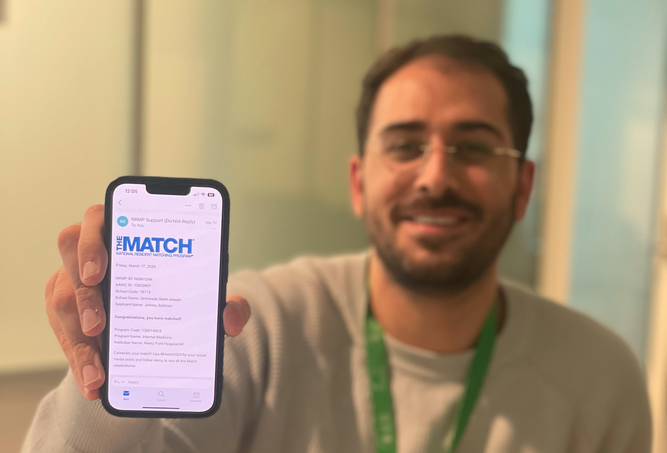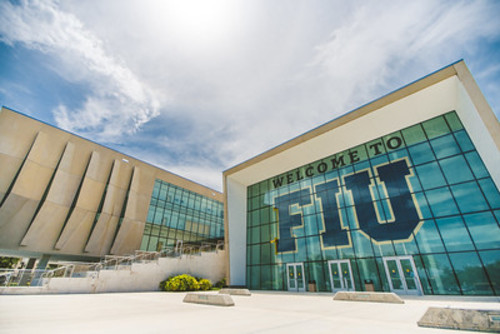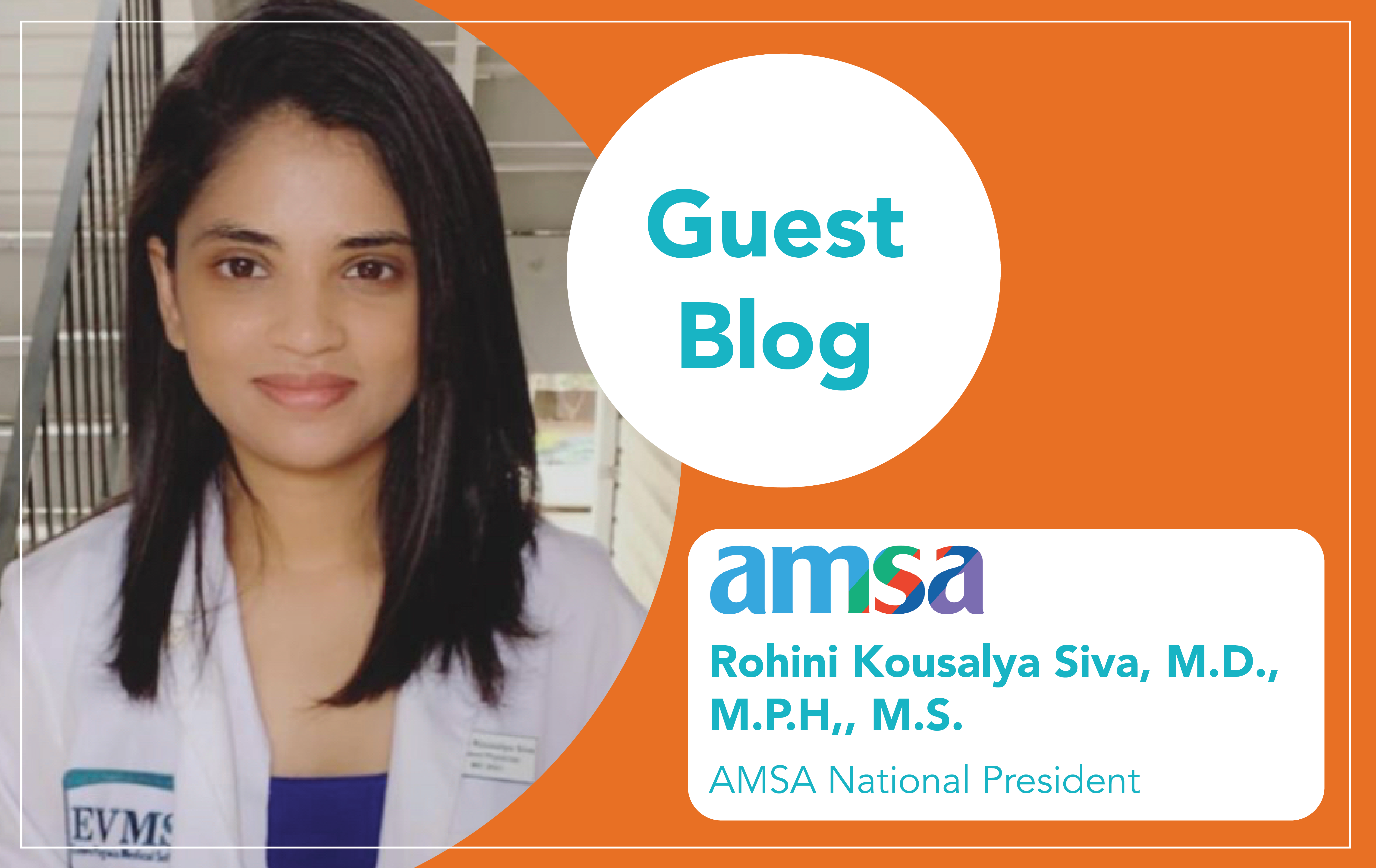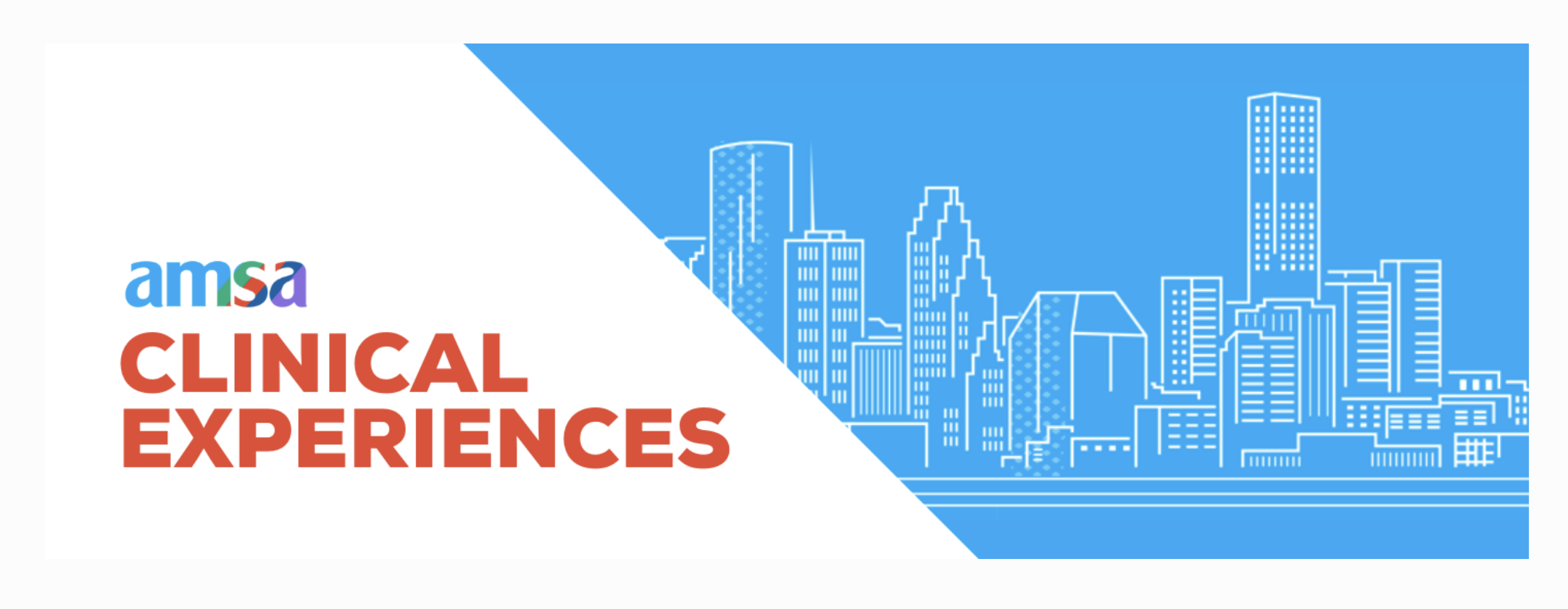Once you’ve planned out where and when you’ll be doing your U.S. clinical experience, the next step is to plan your budget for your USCE. While the cost of your flight or accommodations might be obvious factors to consider, smaller, day-to-day expenses can make or break how much you are able to enjoy your time outside the clinic.
To help you better prepare for your entire clinical experience, we’ve created a Budget Breakdown. While we’ve included the more anticipated costs that come with studying abroad, we’ve also made sure to include the anticipated costs of daily life to help make sure you’re not caught off guard once you land.
Watch our full breakdown here, or read the breakdown below.
Airfare – $800-$1,500
Unless you are already in the U.S. or plan on driving from Mexico or Canada, it is likely that you’ll be flying to the U.S. Your flight will probably be a cost you’re already expecting ahead of your USCE, but there are some important factors to keep in mind.
First, and perhaps most obvious, the further you are traveling the more your flight will likely cost. Even if you are not traveling a great distance, the more remote your inbound airport is, the more likely it will be to raise the cost of your airfare. For example, if you are traveling for a rotation in upstate New York. Flying into Rochester, NY airport may put you close to your destination, but flying into Buffalo, NY may be cheaper overall because it is a larger, more trafficked airport. By searching alternative, nearby airports, you can help keep your airfare low.
Secondly, flying during busy seasons such as holidays or summer may lead to higher costs because demand for flights is higher. Checking major travel holidays before booking your rotation, or booking your flight well in advance, can help you get ahead of the demand and keep your airfare cost accessible.
Rent – $500-$1,500
Rent costs will vary depending on where your rotation is located, how many roommates you choose to live with (if any), the size of the apartment you choose, and the length of your rotation.
In larger cities, you can expect to find rent costs that are higher than in more suburban or rural areas. However, this steeper cost can be offset by finding roommates, subletting, or good public transportation that will lower your transportation costs.
Transportation – $50-$1,200
Like rent, transportation costs will vary depending on where your rotation is located. A place with good public transportation options can cost as little as a few dollars per day for a bus or train pass, while car rentals can cost up to $100 per day.
Food – $200-$400
Grocery shopping for most of your meals will help keep your food costs low, but this doesn’t mean you should only eat food from grocery stores. Going out for meals with other trainees from the clinic (or on your own) is a great way to meet new people and experience the culture of the city you’re visiting.
Travel Health Insurance Plan – $75-$200
While in the U.S., you’ll need a travel health insurance plan for the duration of your stay to cover you should you fall sick or become injured.
There are many companies that provide health insurance plans with various benefits included in their plans. Shopping around for the plan that best suits your needs will help you find both the lowest cost and a plan that works.
AMO Malpractice Insurance – $249
If you are participating in a hands-on rotation through AMOpportunities, AMO’s malpractice insurance is required ahead of your rotation. This is a fixed, one-time cost.
B1 Visa Application Fee – $149
If you are an international student outside of a Visa Waiver Program country, you will need a B1 visa to participate in your rotation. Like rent and airfare, this is probably a cost you were already expecting. However,
Should you need help with your visa, learn more about how the AMO team can support a variety of visa needs.
Miscellaneous – $100-$300
Miscellaneous costs will vary on how to choose to spend time outside of your rotation. Shopping, visiting museums, going to concerts, or heading outdoors for some recreational activity will all have varying costs. The best way to predict your miscellaneous costs are to research where you’re staying and find a few activities that interest you. For ticketed events, booking in advance can also help cut down on costs once you’ve arrived.
Have more questions about budgeting for your rotation? Connect with an AMO Advisor to learn more!







Leave A Comment